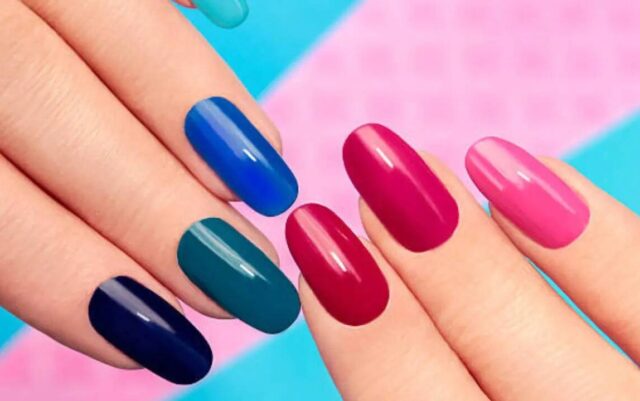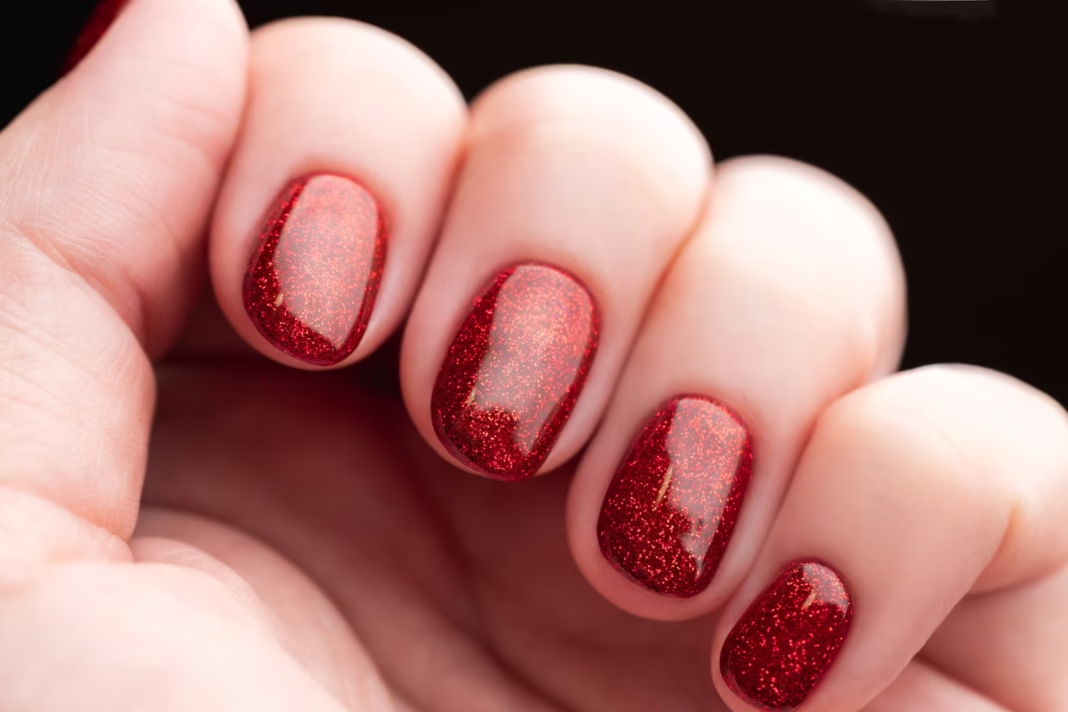TPO, a chemical commonly used in gel manicure, is now prohibited by the European Union after animal studies suggested high doses could impact fertility.
Gel manicures have become a staple at nail salons worldwide, loved for their durability, glossy finish, and chip resistance. However, trimethylbenzoyl diphenylphosphine oxide (TPO), a chemical commonly used to achieve these goals, is now prohibited by the European Union after animal studies suggested high doses could impact fertility.
What is TPO?
Unlike regular nail polish, which dries in the air, gel polish requires curing under a special UV or LED lamp for about 90 seconds, allowing it to last for weeks. TPO acts as a photoinitiator, absorbing light energy and accelerating the polymerization of acrylate monomers in gel polish. This process creates the hard, long-lasting surface that makes gel manicures popular. However, not all gel polishes contain TPO.

Is TPO Harmful to Health?
So far, there is no large-scale human study on TPO’s health effects. The main concerns come from high-dose animal studies. According to reproductive endocrinologist Dr. Sharon L. Manuel (HRC Fertility, California), lab mice given oral TPO showed fertility problems. Female mice displayed infertility symptoms, while male mice experienced reduced testicle size and lower sperm counts.
Nail Health and Fertility Risks
Dr. Smita Vats, OBGYN and unit head at Fortis Hospital, Manesar, explains:
“European regulators acted based on animal data that suggested possible reproductive risks at much higher doses than those used in nail products. No direct link between gel polish containing TPO and reduced human fertility has been established,” as reported by Hindustan Times.
Other Health Risks of Gel Manicures
Even without TPO, dermatologists warn that gel manicures can still damage nails. According to the American Academy of Dermatology (AAD):
- Frequent gel use may leave nails brittle, peeling, or prone to breakage.
- Repeated UV exposure during curing may raise the risk of skin cancer and speed up skin aging on the hands.
- Acetone, used in polish removers, can irritate and dry out the skin.
The AAD recommends applying sunscreen to hands before UV exposure, avoiding peeling off polish, soaking only fingertips (not the entire hand) in acetone for removal, moisturizing nails and cuticles regularly, and taking breaks between manicures.




